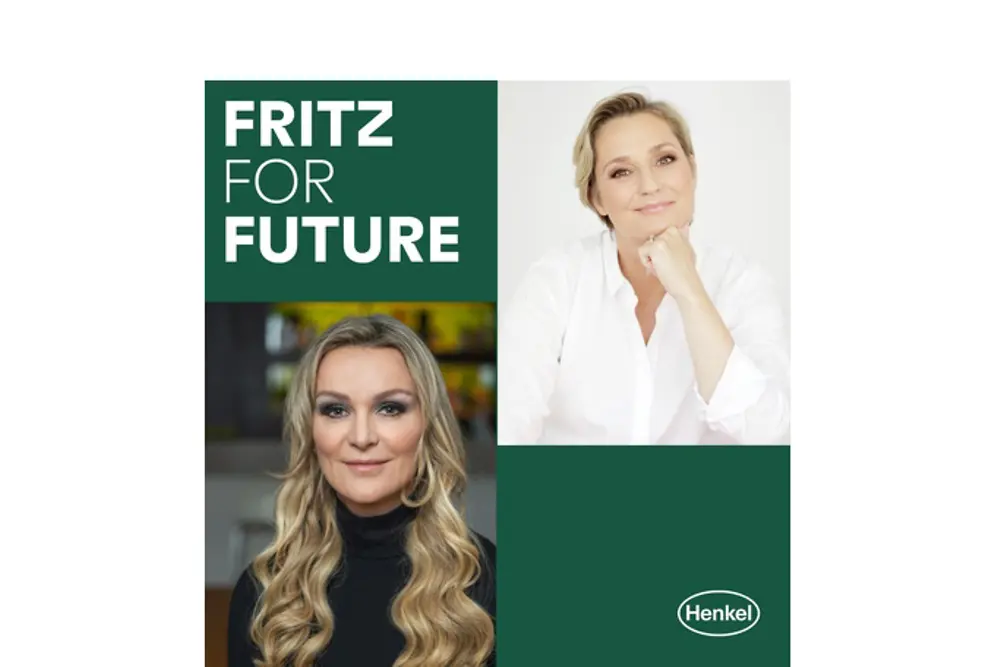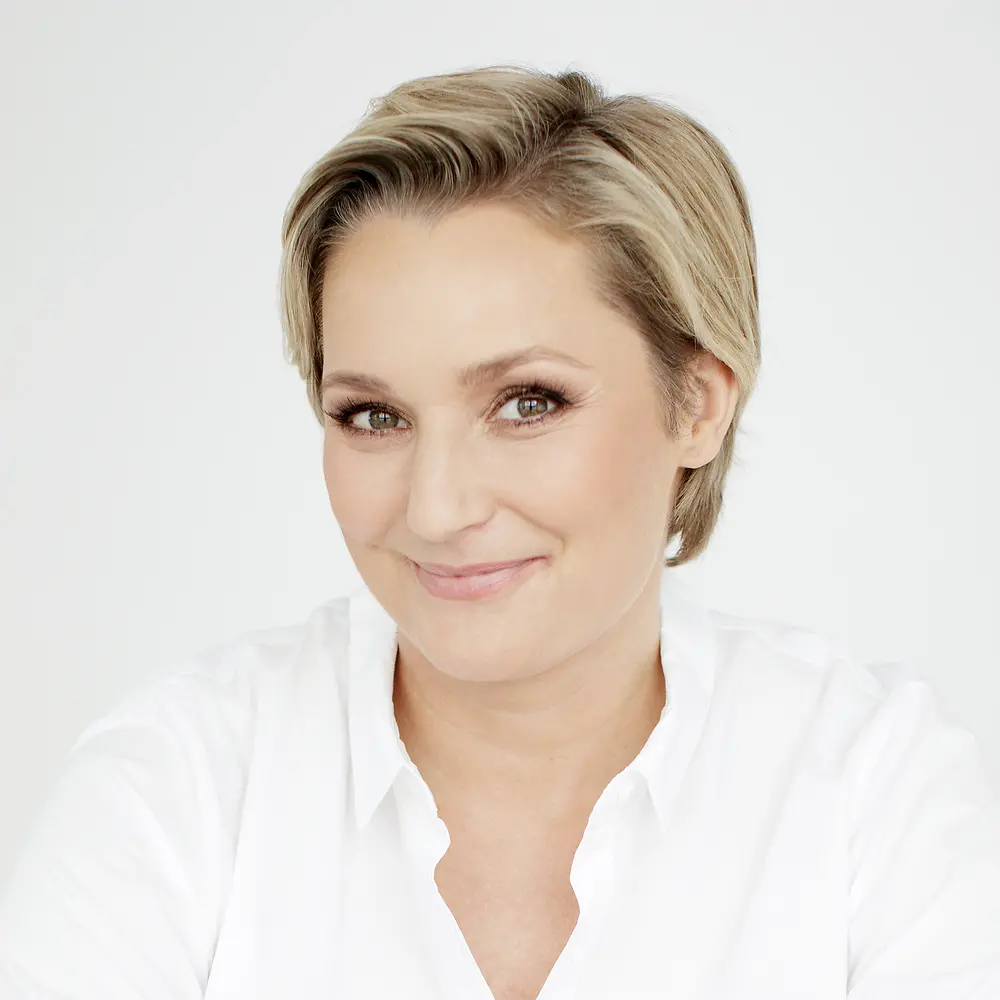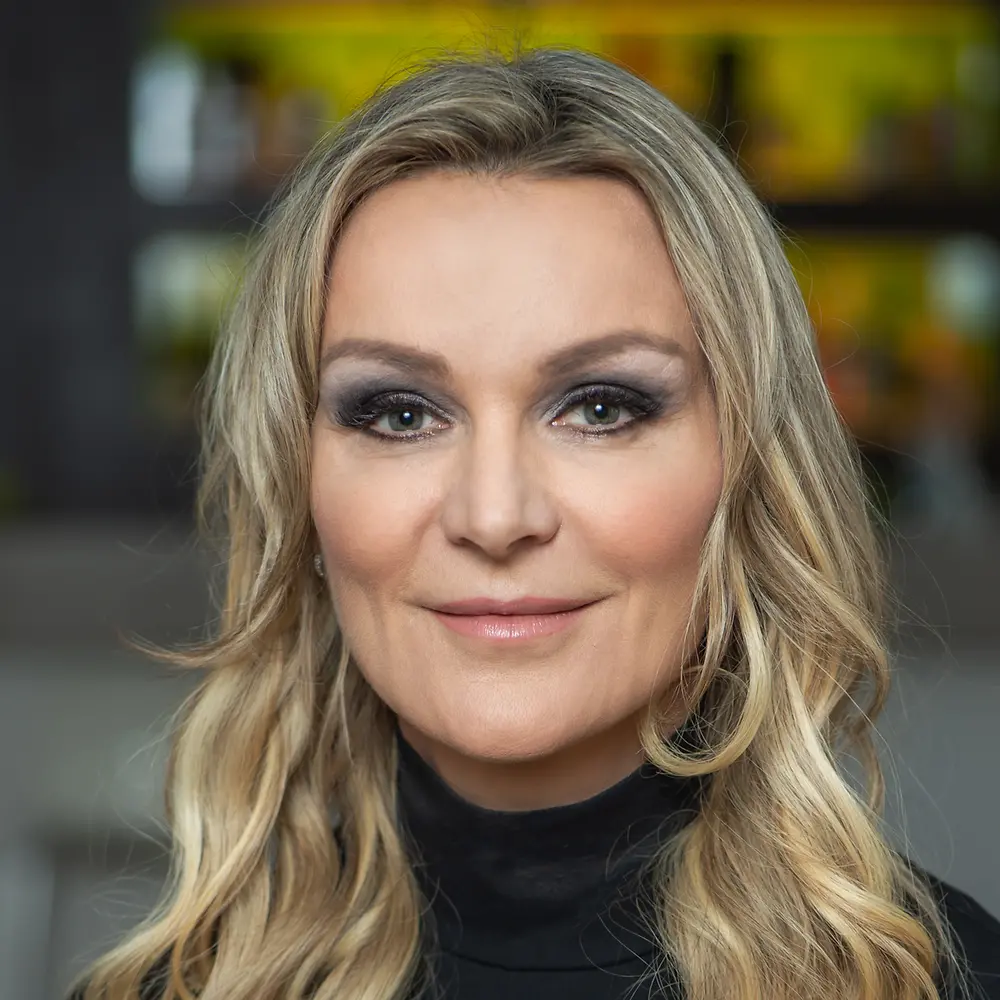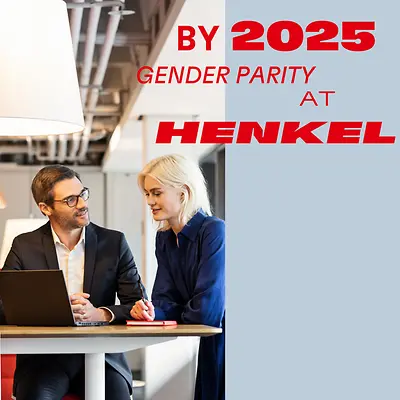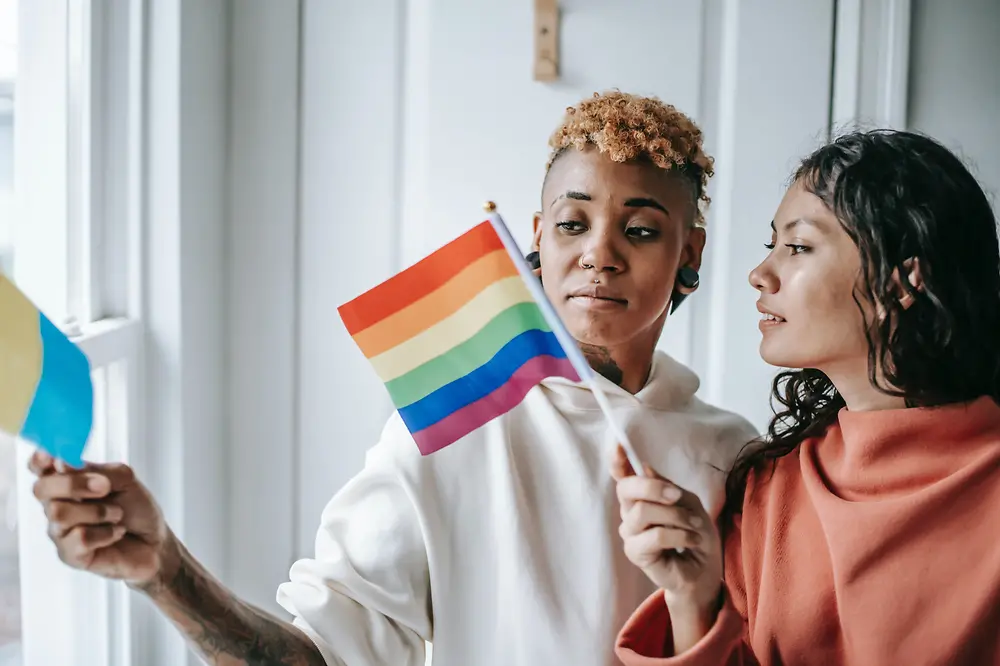Janine: Our society is characterized above all by the predominance of the male principle. But it turns out that these patriarchal structures have led to the exploitation of our planet, because it was all about growing faster and earning more money – higher, further, faster. In doing so, we have subjugated nature to a large extent and exploited it. Ultimately, a large part of the climate crisis is due to the fact that we have so far considered patriarchal structures to be the gold standard. We urgently need to rethink these structures.
In addition, women around the world are more affected by the consequences of the climate crisis for different reasons. In patriarchal systems, for example, they are often the last to get food during famines. Traditionally, they are responsible for fetching water and, in light of droughts, have to travel increasingly longer distances to fetch water. Moreover, climate change is also associated with a higher health risk for women, as they are more likely to suffer from heat symptoms than men. Heat waves also lead to increased complications during pregnancy. Moreover, gender equality is anchored in the fifth goal in the UN's sustainability agenda. In this respect, sustainable development and feminism are clearly linked.






